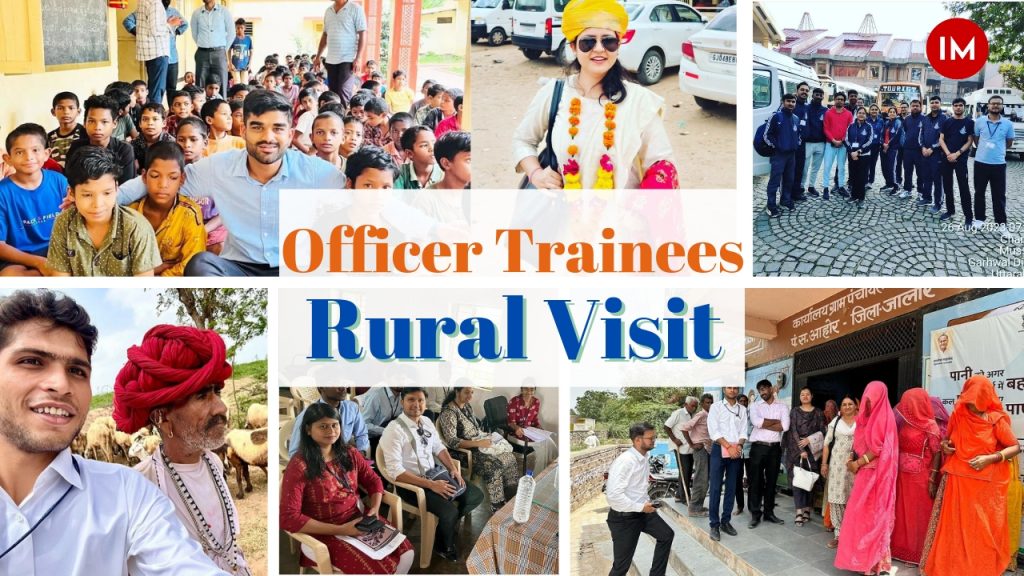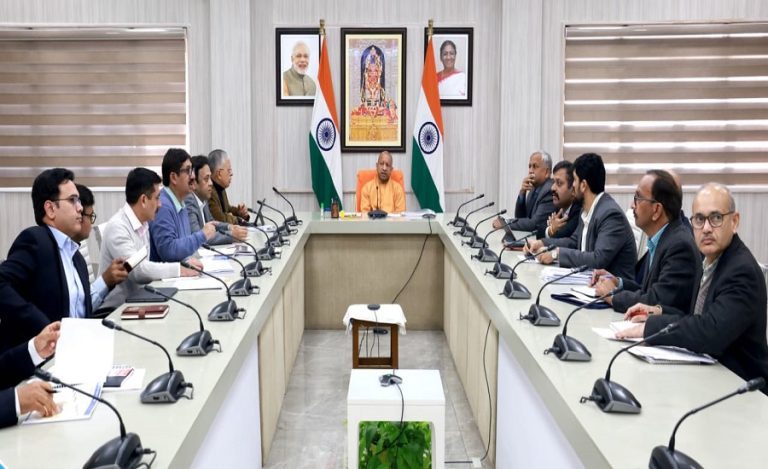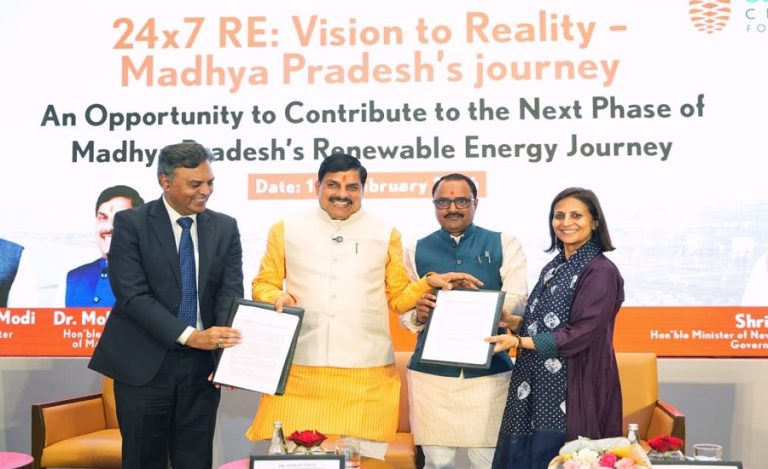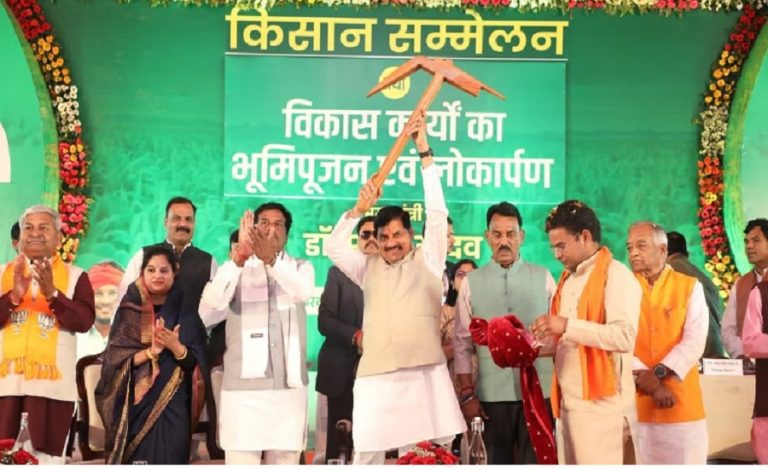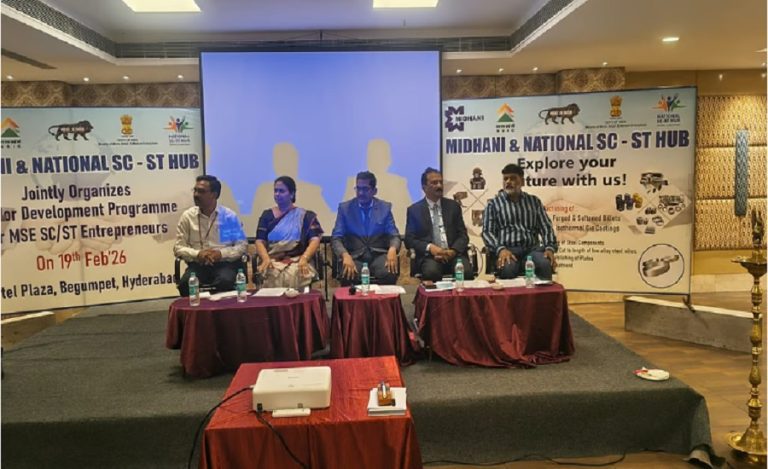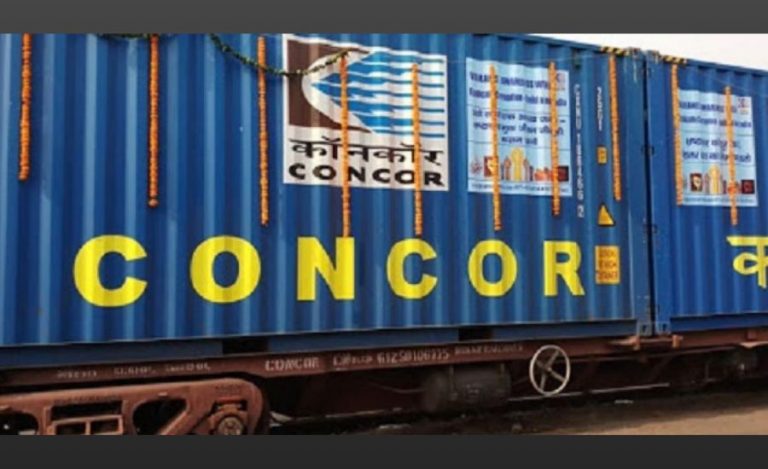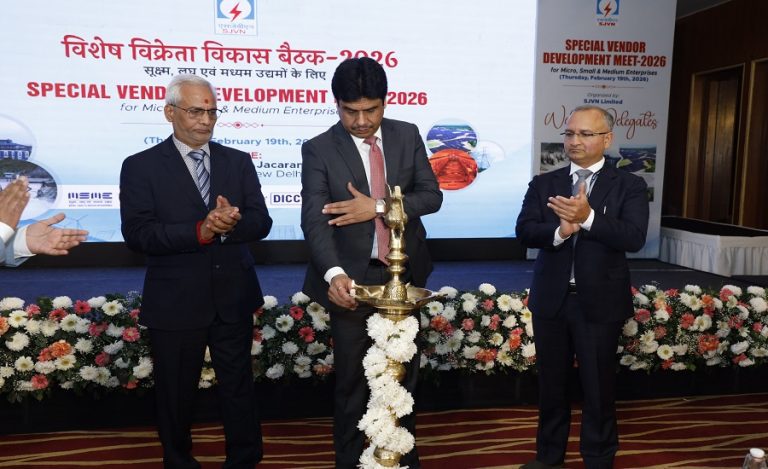With the conclusion of the initial stage of the foundation course at LBSNAA, that is the trek, the spotlight now shifts to the commencement of the second phase: the much-anticipated village visit.
As part of the Foundation Course, the Village Visit Programme offers officer trainees a transformative experience by immersing them in the heart of rural life. It is designed to provide a holistic understanding of rural realities, encompassing various dimensions of village life.
Bursting with enthusiasm and unwavering motivation, officer trainees have taken to various social media platforms to share their village visits. Few glimpses:
Officer trainees participating in the programme are being taken to remote areas, exposing them to the intricate dynamics of rural existence. The primary goal is to equip these officers with practical insights into governmental and non-governmental initiatives that have shaped rural development. By engaging directly with villagers, the trainees are learning to develop people-centric solutions to address local challenges.
A significant aspect of the programme involves the trainees submitting comprehensive reports on their village experiences. These reports cover critical factors such as poverty, unequal opportunities, and the lack of essential facilities that persist in rural regions. This comprehensive approach helps the trainees gain a multifaceted perspective on rural life.
The Village Visit Programme has outlined several specific goals, including evaluating socio-economic-political dynamics, understanding local problem-solving methods, and analyzing the impact of interventions on quality of life. The programme also encourages trainees to participate in community activities, like the Swachh Bharat Mission, fostering collaboration with villagers and district authorities.
Through this immersive experience, officer trainees are not only gaining a profound understanding of rural intricacies but also imbibing valuable lessons in empathy, problem-solving, and community engagement that will undoubtedly shape their approach to public service.

